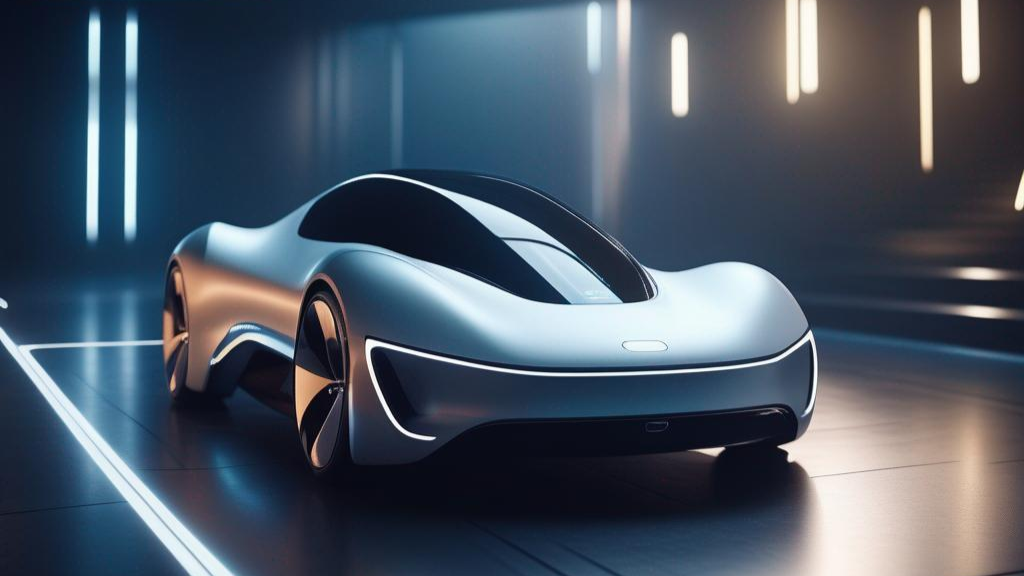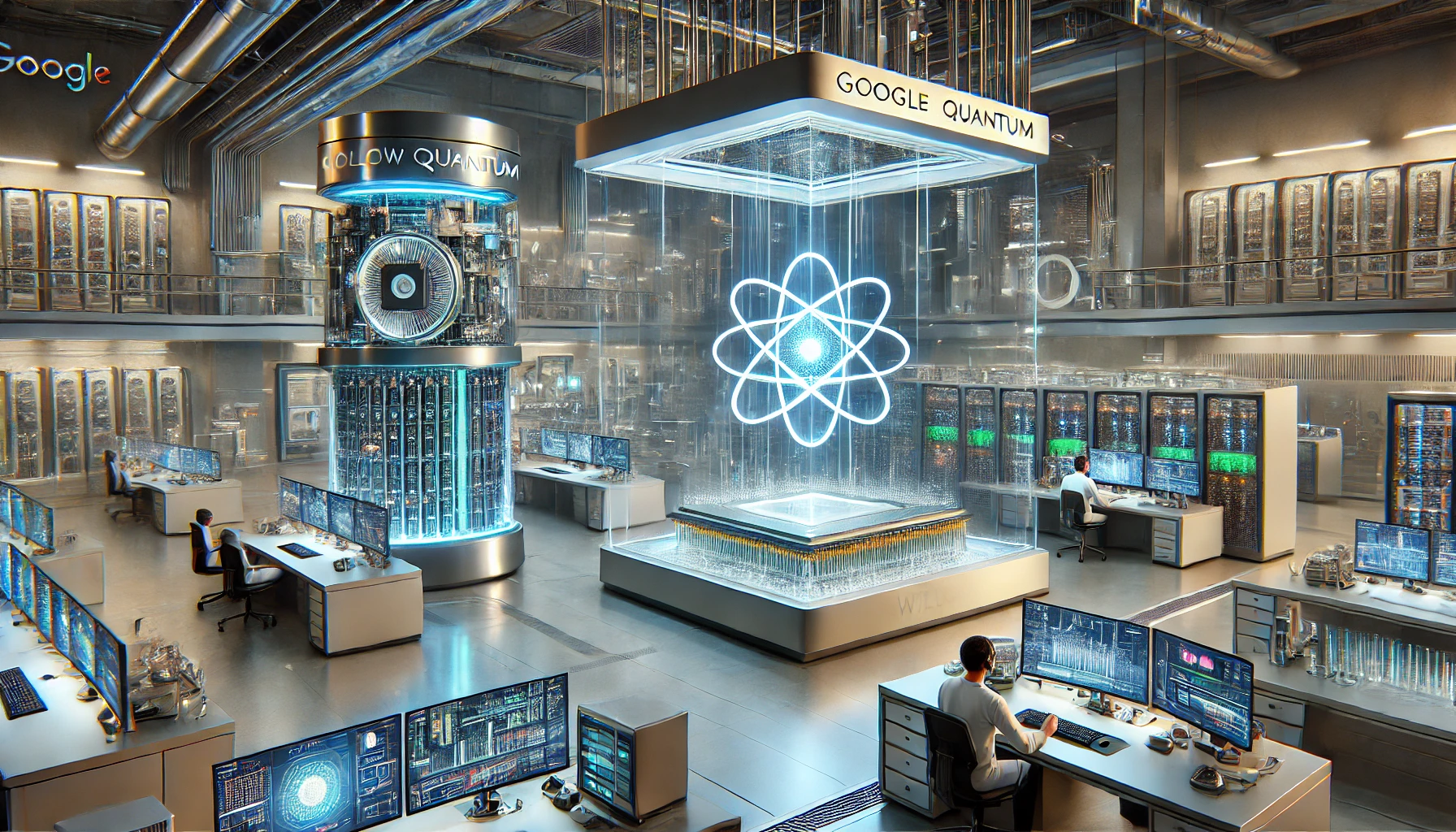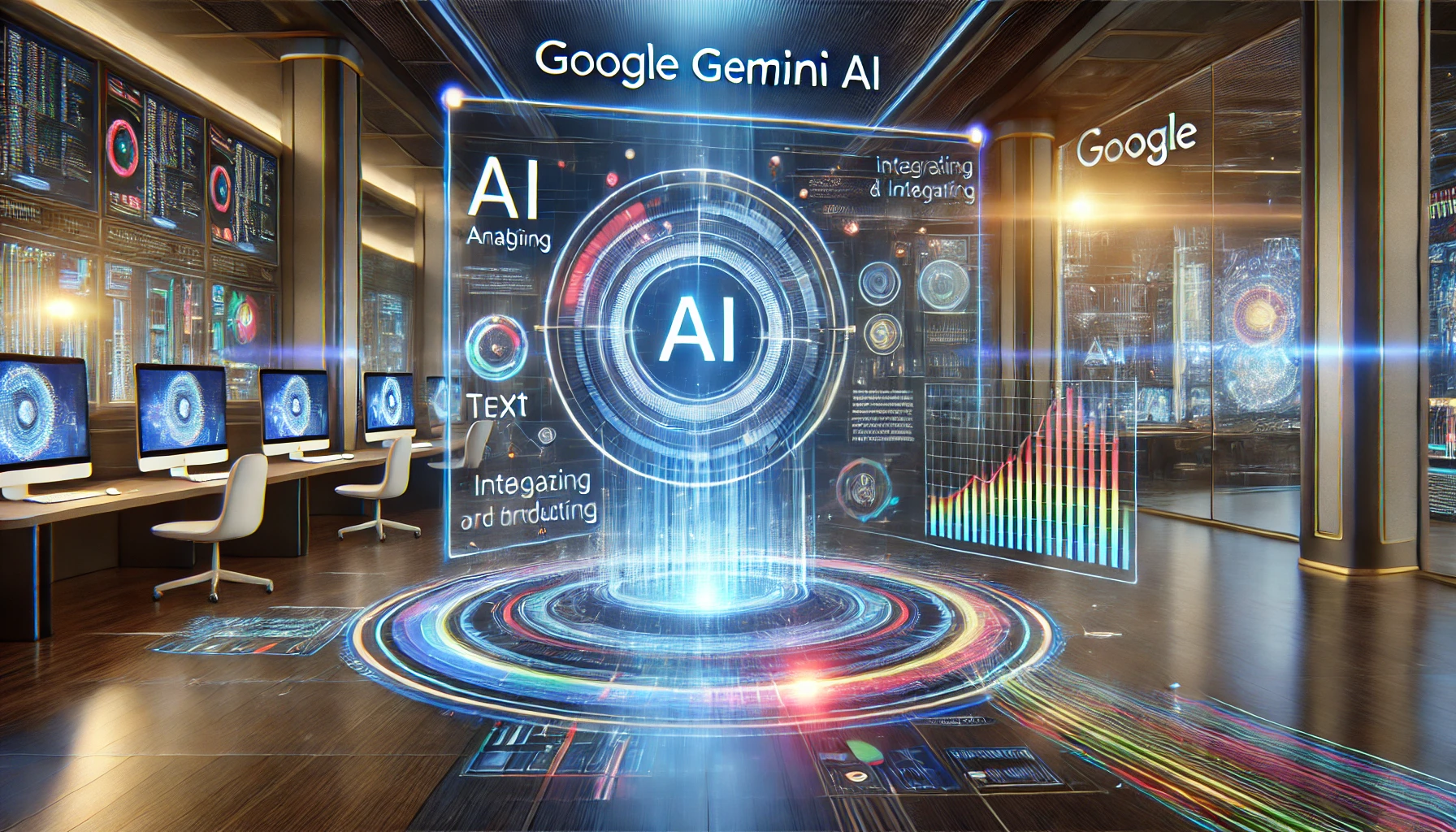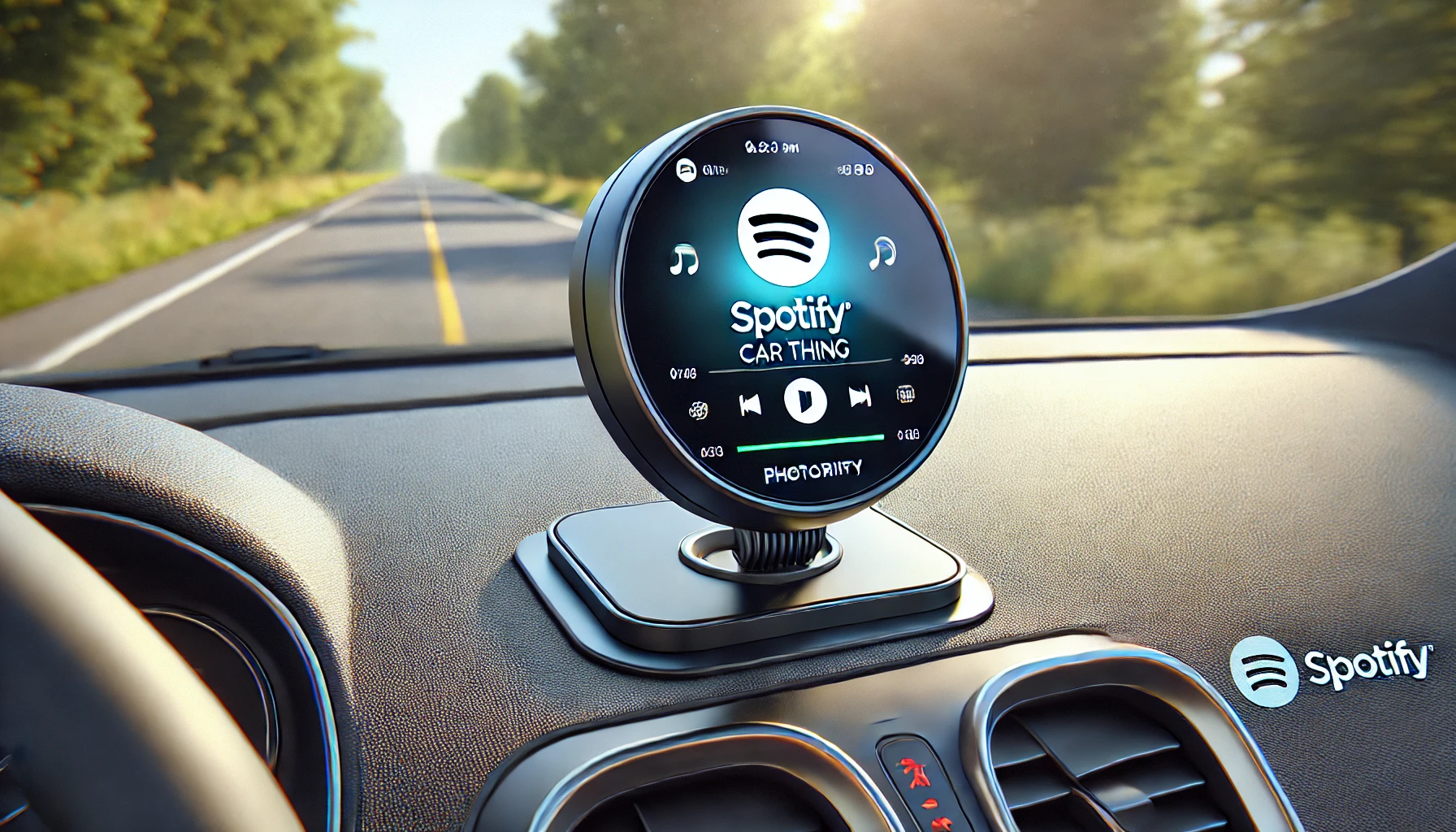
Apple’s Electric Vehicle Ambitions: What We Know So Far
Apple is known for its innovative products and services that have revolutionized the tech industry. From the iPhone to the iPad, from the Mac to the Apple Watch, Apple has always been at the forefront of creating devices that delight and empower consumers.
But what about cars? Can Apple do for the automotive industry what it did for the smartphone industry? That’s the question that many people have been asking ever since rumors of Apple’s electric vehicle project, codenamed Project Titan, emerged in 2014.
Project Titan has been shrouded in mystery and speculation for years, with reports of internal turmoil, leadership changes, and shifting goals. However, recent developments suggest that Apple is still serious about entering the car market, albeit with a different approach than originally envisioned.
Here’s what we know so far about Apple’s electric vehicle ambitions, based on reliable sources and credible leaks.
Apple Car: A Semi-Autonomous Electric Vehicle
According to a report by Bloomberg, Apple has modified its plans to build an electric vehicle (EV) as the company scales back its ambitions for its first car. While the iPhone maker was previously expected to develop and launch a ‘driverless’ car similar to Tesla’s vehicles, it will now focus on launching an EV with a few connected car features.
The report claims that Apple’s car will have limited self-driving capabilities, meaning that it will be able to drive on its own on highways, but will require manual driving in emergency situations and when on city roads. Apple originally planned to have a vehicle with no steering wheel or pedals, but the design will now more closely resemble a traditional vehicle.
The reason for this change of direction is reportedly due to technical challenges and regulatory hurdles that Apple faced while developing a fully autonomous vehicle. The company realized that achieving full autonomy was not feasible in the near future, and decided to scale back its project to something more realistic and achievable.
Apple’s AI and machine learning chief John Giannandrea is heading up the Apple Car project, and Kevin Lynch, known for his work on the Apple Watch, has also joined the Car team and is said to be largely responsible for Apple’s push toward an autonomous vehicle. Under Lynch’s leadership, Apple scaled back the car project to something that would be feasible for launching this decade.
Apple Car: A Powerful Chip and a Suite of Sensors
One of the key components of Apple’s car will be a high-powered Apple-designed chip that will handle the complex computations required for self-driving. According to The Information, the chip is the most advanced component that Apple has developed to date, with four times the power of four Mac chips. It is made from neural processors that can handle the incredible AI load needed for an autonomous vehicle.
The chip will be manufactured by TSMC, the same company that makes chips for the iPhone, iPad, and Mac. The chip is expected to be ready by 2025, which could indicate when Apple plans to launch its car.
Apple’s car will also use a suite of LiDAR sensors, radar sensors, and cameras to improve the self-driving function. LiDAR sensors use lasers to measure distances and create 3D maps of the surroundings, while radar sensors use radio waves to detect objects and their speed. Cameras provide visual information and help identify traffic signs, pedestrians, and other road elements.
Apple has been testing its self-driving technology on public roads in California since 2017, using modified Lexus SUVs equipped with sensors and cameras. The company has also acquired several startups related to self-driving, such as Drive.ai in 2019.
Apple Car: A Potential Partnership with an Automaker
Because Apple has no experience with car manufacturing, it will need partners to produce the vehicle. According to Reuters, Apple is in talks with several suppliers of lidar sensors, batteries, and other car components. However, the most crucial partnership will be with an automaker that can assemble the car.
Apple has reportedly held discussions with several automakers, such as Hyundai, Kia, Nissan, BMW, and Daimler. However, none of these talks have resulted in a deal so far. One of the main challenges is that Apple wants to have full control over the design and software of its car, which could limit the role and profits of its partner.
Another option for Apple is to work with a contract manufacturer that can build cars according to its specifications. For example, Foxconn, which makes iPhones for Apple, has recently announced plans to enter the EV market and offer manufacturing services to other companies. Foxconn has also partnered with Fisker, an EV startup that plans to launch its first car in 2023.
Apple Car: A Release Date and a Price Tag
The release date of Apple’s car is still uncertain, as it depends on many factors such as technical development, regulatory approval, and supply chain availability. However, some analysts and insiders have offered their predictions based on the current state of the project.
According to Bloomberg, Apple could officially announce the car project in 2022 and launch it by 2025. However, this timeline could change depending on the progress and challenges that Apple faces along the way.
According to The Information, Apple is aiming to launch its car in 2028, which is more conservative than other estimates. The report cites sources who say that Apple’s car is still in the early stages of development and that the company has not yet finalized many key decisions, such as the car’s design, features, and production strategy.
As for the price of Apple’s car, there is no official information or reliable leak on this matter. However, some analysts have speculated that Apple’s car will be a premium product that will compete with high-end EVs such as Tesla’s Model S and Model X. Based on this assumption, the price of Apple’s car could be in the range of $75,000 to $100,000.
Apple Car: A Next Star Product?
Apple’s car project is one of the most ambitious and secretive endeavors that the company has ever undertaken. It represents a huge opportunity for Apple to enter a new market and create a product that could have a significant impact on society and the environment.
However, it also comes with many challenges and risks, such as technical complexity, regulatory uncertainty, and fierce competition. Apple will have to overcome these obstacles and deliver a car that meets its high standards of quality, innovation, and customer satisfaction.
Will Apple succeed in creating its next star product? Will Apple’s car revolutionize the automotive industry as the iPhone did for the smartphone industry? Only time will tell, but one thing is certain: Apple’s car project is worth keeping an eye on.





